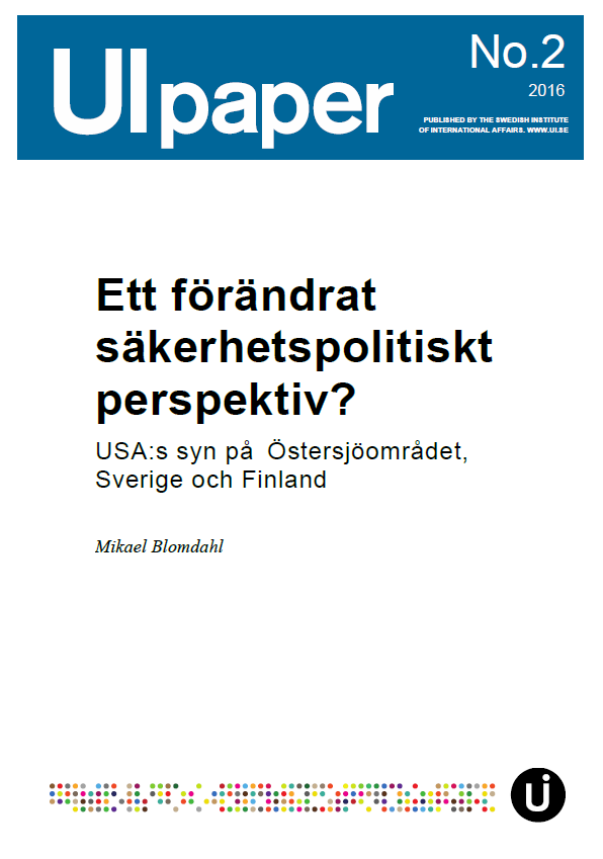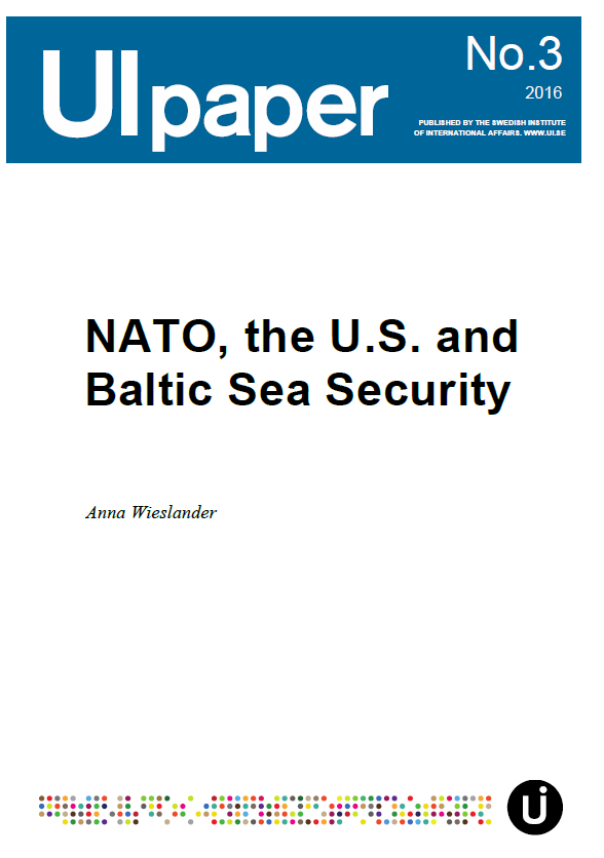Is Russia a status quo power?
The UI Paper: Is Russia a status quo power? examines whether Russian foreign policy has preserved status quo in selected regions in the world, or rather has revised the existing order. It is concluded that thanks to growing nationalism, coupled with stronger economy and military force, Russia since the late 2000s became more revisionist, especially vis-à-vis the post-Soviet states and Ukraine in particular.
This paper examines the issue whether Russian foreign policy since 1991 largely has aimed at preserving status quo in selected regions in the world or rather at revising the existing order. It is concluded that thanks to growing nationalism, coupled with stronger economy and military force, Russia in the late 2000s became more revisionist, especially vis-à-vis the post-Soviet states and Ukraine in particular. On the world scene Russia has become more assertive, openly challenging the present world order seen as dominated by the United States. It has turned more hostile to Europe, challenging the present security system there through the conquest of Crimea in 2014.
In the Baltic Sea area, Russia tries to keep Sweden and Finland out of NATO and to boost its influence in the Baltic countries, while it mainly strives to maintain its dominating position in the Barents/Arctic region. In the Middle East Russia has resumed ties with Egypt and intervened militarily in Syria, thus claiming a more prominent role in the region than before. Another question is whether Russia has the capacity to reach its aims.
Author: Ingmar Oldberg is a research associate with the UI Russia programme. He is a long-time specialist on Russian foreign policy, Russia’s global strategy and its relations with the Nordic and Baltic States, Ukraine, Iran and China.

